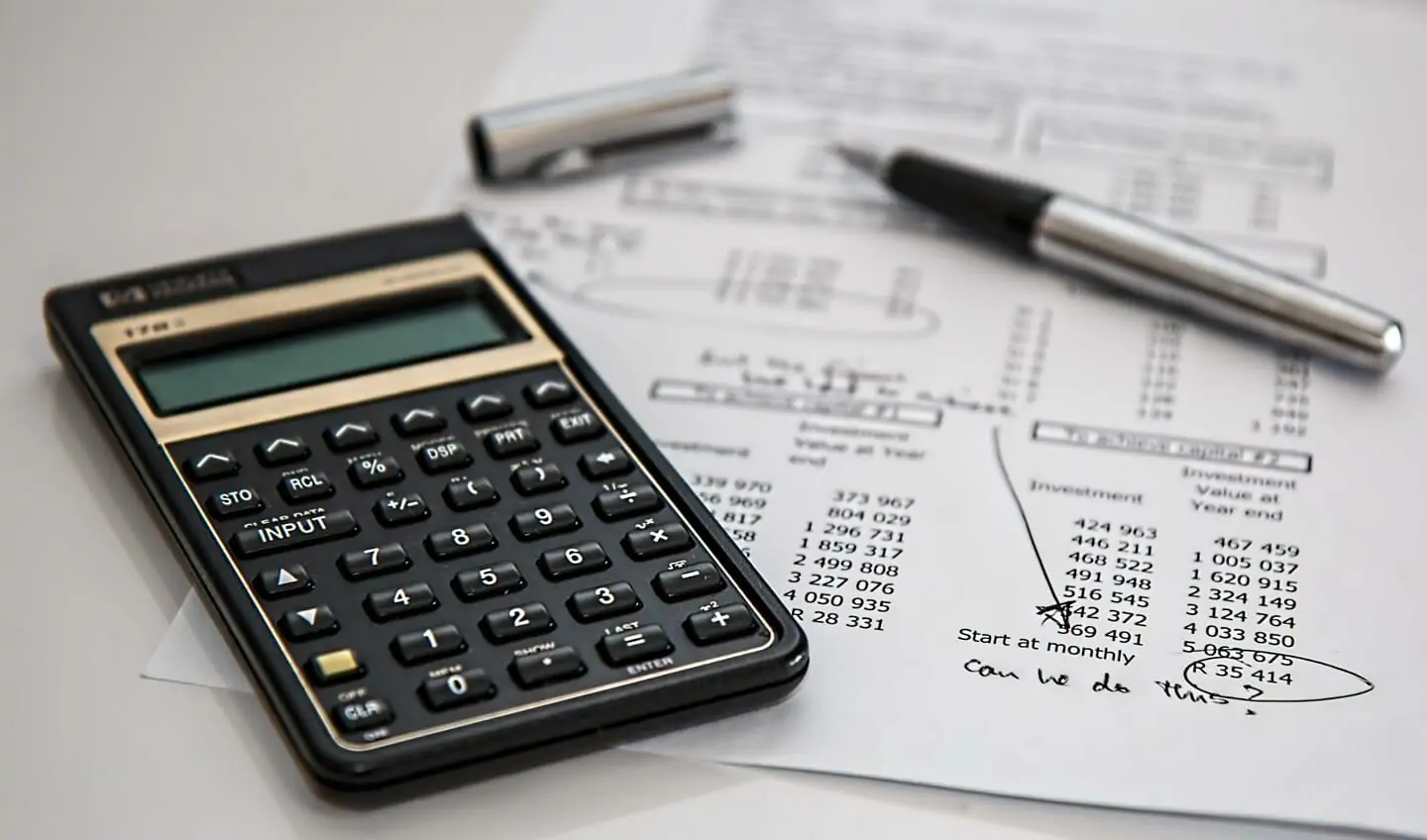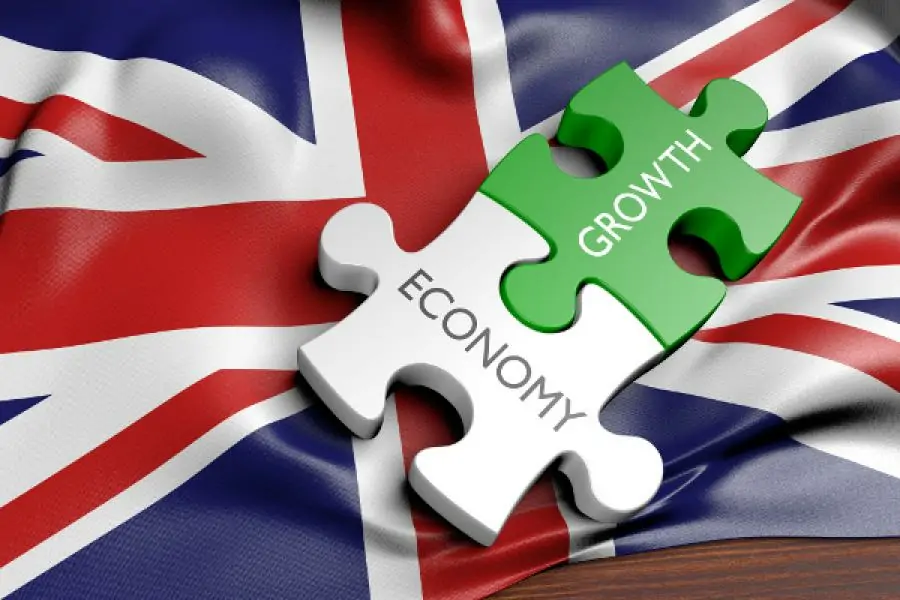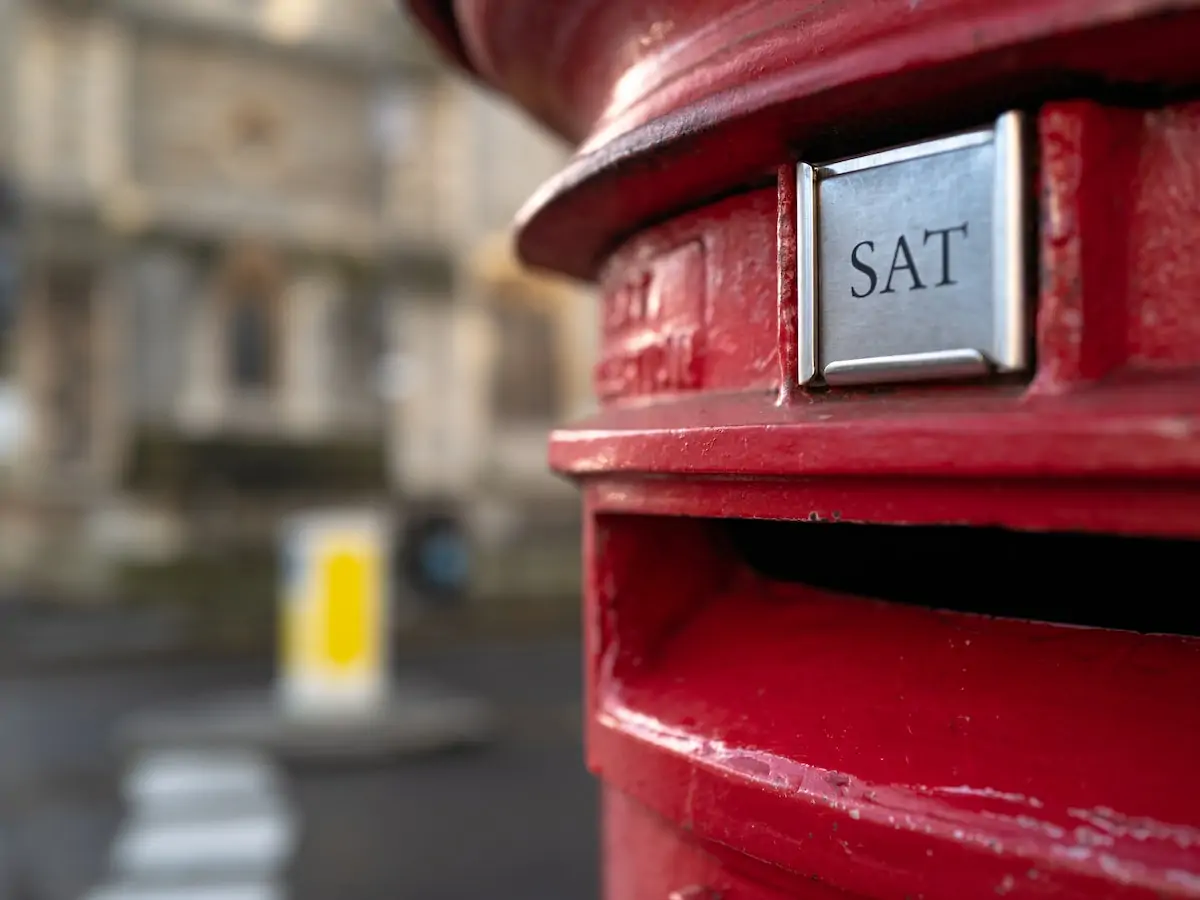
Business expenses: Our top 10 tax deductions
24 Jun 2016Everyone wants to reduce or minimise their tax, whether corporate tax or on a self employed basis. If you need experienced, practical and cost effective tax advice or accounting services generally, try our Interactive Instant Quote tool and one of our experts will be in touch shortly.
From sandwiches to your home study, there are a whole range of expenses you can claim when running your own limited company.
Missing out on certain expenses could mean you lose an opportunity to reduce your tax bill.
We reveal ten top tax deductions for small businesses.
Your home
If you have an office space at your property you can claim against your corporation tax bill for a portion of your home costs such as your mortgage interest and home bills such as broadband, electricity and council tax.
The amount you can claim depends on how much time you spend working from home.
If you just use an office or study for minor use such as filing, HMRC guidance suggests claiming £208 per annum.
Those who work regularly from home can claim for the actual space they use. So, for example, if you live in a four bedroom property you could work out how much the use of your study costs as 1/4 of your overall household bills.
You must be able to show the taxman this space if they were to do an inspection.
Your car
You can claim mileage based on use of your own vehicle when out on business.
The current allowance 45p per mile for cars and vans, 24p per mile for motorbikes and 20p for push bikes.
You can also claim for the cost of parking and any toll charges.
Travel costs
No-one likes the slog of commuting to and from work and the constant battles to get a seat.
But if you are running your own limited company you can at least claim your train fares as a business expense.
So even if you don’t get a seat on the way to and from work or meetings, you will at least be able to get your tax bill reduced.
Childcare costs
You can’t use the costs of childcare for your own business expense as a company director. But you can support any employees with children.
If you were to set up a crèche or childcare facilities at your business premises the cost of running this can be claimed as a business expense, assuming it is open to all employees.
This will keep your employees happy and keep your tax bill down.
Equipment
Wouldn’t it be great to have a shiny new Macbook Pro to work on? If you run your own company that dream could be a reality.
You are able to claim for the cost of equipment purchased to carry out the duties of your business.
This would include computers, printers, software plus the costs of equipping a home office e.g. desks, chairs, filing and bookcases. When making these purchases you must obtain an invoice in the company name.
Business owners also have an annual investment allowance of £200,000 for items such as computers and printers.
You can offset any of this spending against your tax bill. So if your profits were £100,000 one year but you spent £20,000 on equipment, you would only pay tax on £80,000.
Food and drink
Everyone needs to eat and drink to live. If you are out on business there are some cases where you can claim for the cost of a meal or coffee.
HMRC is quite tough on only allowing expenses where an item is used wholly for business purposes and it could be argued that you would have eaten lunch or had a drink whether working or not.
But essentially if you are away from your usual place of work, such as at a business meeting that you wouldn’t regularly attend, then you can claim for food and drink.
There is also a subsistence allowance for overnight business trips, which is set at £5 per night for overnight stays in the UK and £10 for overseas.
Uniform
Looking the part is an important aspect of impressing clients. Unfortunately you can’t claim for a dapper suit but if you work in certain industries there are reliefs for uniforms and specialist clothing.
For example, tradesmen such as builders and doormen or those working with precious metals can claim for the cost of buying, repairing or replacing small tools as well as for cleaning, repairing or replacing specialist clothing.
HMRC has a list of professions that can claim for clothing.
Fees
There are plenty of costs to setting up and running your own limited company, such as holding a business bank account or using an accountant.
All will want a fee for their services. It is important to shop around so you know what you are paying for and aren’t overcharged, but also remember these costs can be claimed against your tax bill.
Subscriptions and training
Professional development is categorised as a business expense.
This means you can go on a training course and claim the expense on the company as long as it can be shown to relate to the work you do.
Similarly you can claim for membership of certain HMRC-approved trade bodies as long as it can be shown to be helpful to your work.
You could also claim for the cost of newspaper or magazine subscriptions, but this could be tricky as any use needs to be business related that you need to read for work purposes. Therefore you are more likely to get away with a subscription to a trade journal than to The Times.
Christmas party
Everyone loves a party and even the taxman feels generous during the festive period.
Annual staff events, such as Christmas parties, can be claimed for on your tax bill as long as they cost no more than £150 per employee.
Obviously it could be a pretty quiet party if you work for yourself.
For further information on reducing your tax bill, get in touch with on of the tax experts on the Accounts & Legal team, or try our Instant Quote tool and find out how we can help you in just 60 seconds!




















